William Kentridge turns Moleskine notebook into art
South African artist William Kentridge is the latest contributor to the Moleskine Foundation Collection, transforming a notebook into a visual parable brimming with ‘thoughts accepted and abandoned’
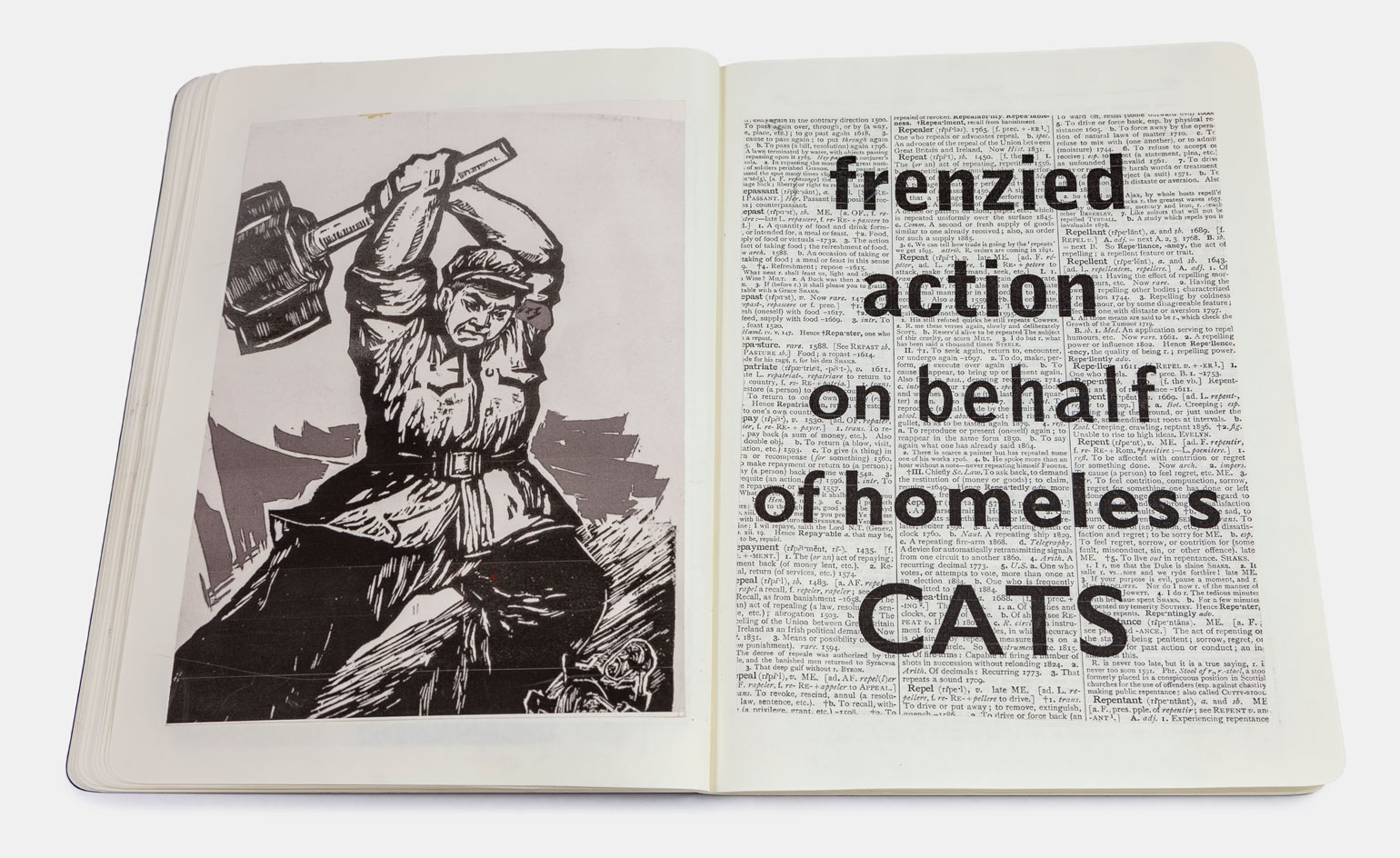
Notebooks can serve many purposes: to plan, document, inspire new concepts, and archive those rejected; to reveal the inner workings of our best ideas, and conceal those we hope will never see the light of day.
Over the last 15 years, the non-profit Moleskine Foundation has amassed a collection of more than 1,300 ‘art notebooks’, created by artists, designers, architects, musicians, filmmakers, illustrators, intellectuals and philosophers. Each contributor has transformed a Moleskine notebook into their own conceptual canvas, brimming with thoughts, sketches, images.
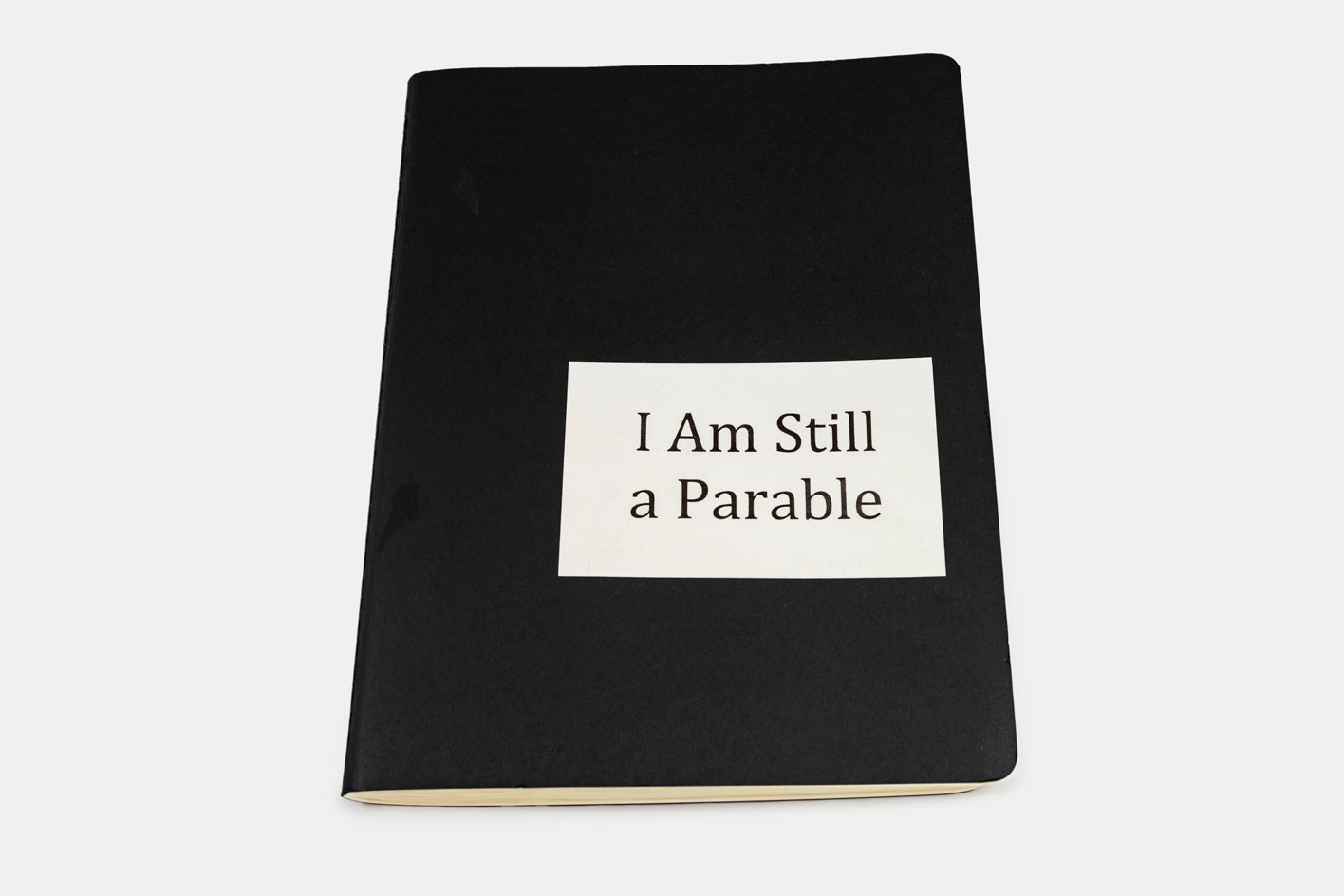
The cover of William Kentridge's I am still a parable, which has been donated to the Moleskine Foundation Collection
The resulting objects form artworks in themselves, but more broadly, create tools for education and social change. Among those who have offered their creations to the collection are Massimiliano Fuksas, Pascale Marthine Tayou, Ahmet Öğüt, Yves Behar, Sue Williamson, Patricia Urquiola, Fernando and Humberto Campana, Sigur Rós, Nicholas Hlobo, and a striking three-dimensional intervention by Joana Vasconcelos.
The latest addition to Moleskine’s impressive list of contributors is South African artist William Kentridge. Moleskine’s invitation to Kentridge came with a question: ‘What comes first?’ Kentridge answered with I am still a parable, which according to the artist is ‘a book of thinking aloud, testing the relationship of images and text. It is a record of process, rather than having any intended meaning. It gathers scraps of images and text from the studio, and as in many of my notebooks, is a mix of unused space and thoughts accepted and abandoned.’
RELATED STORY
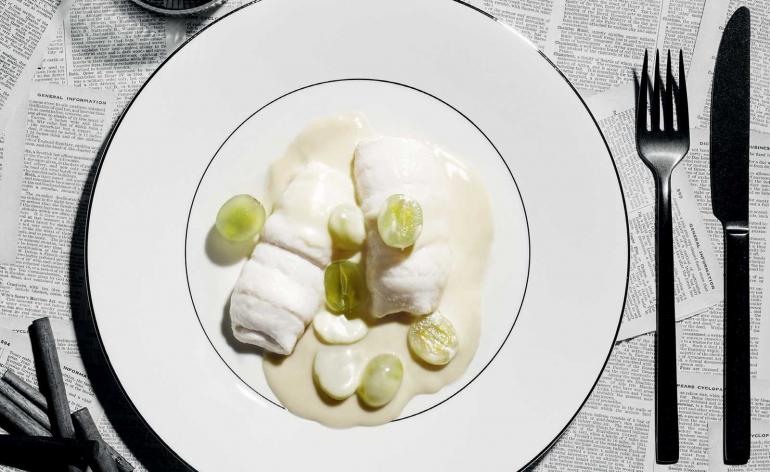
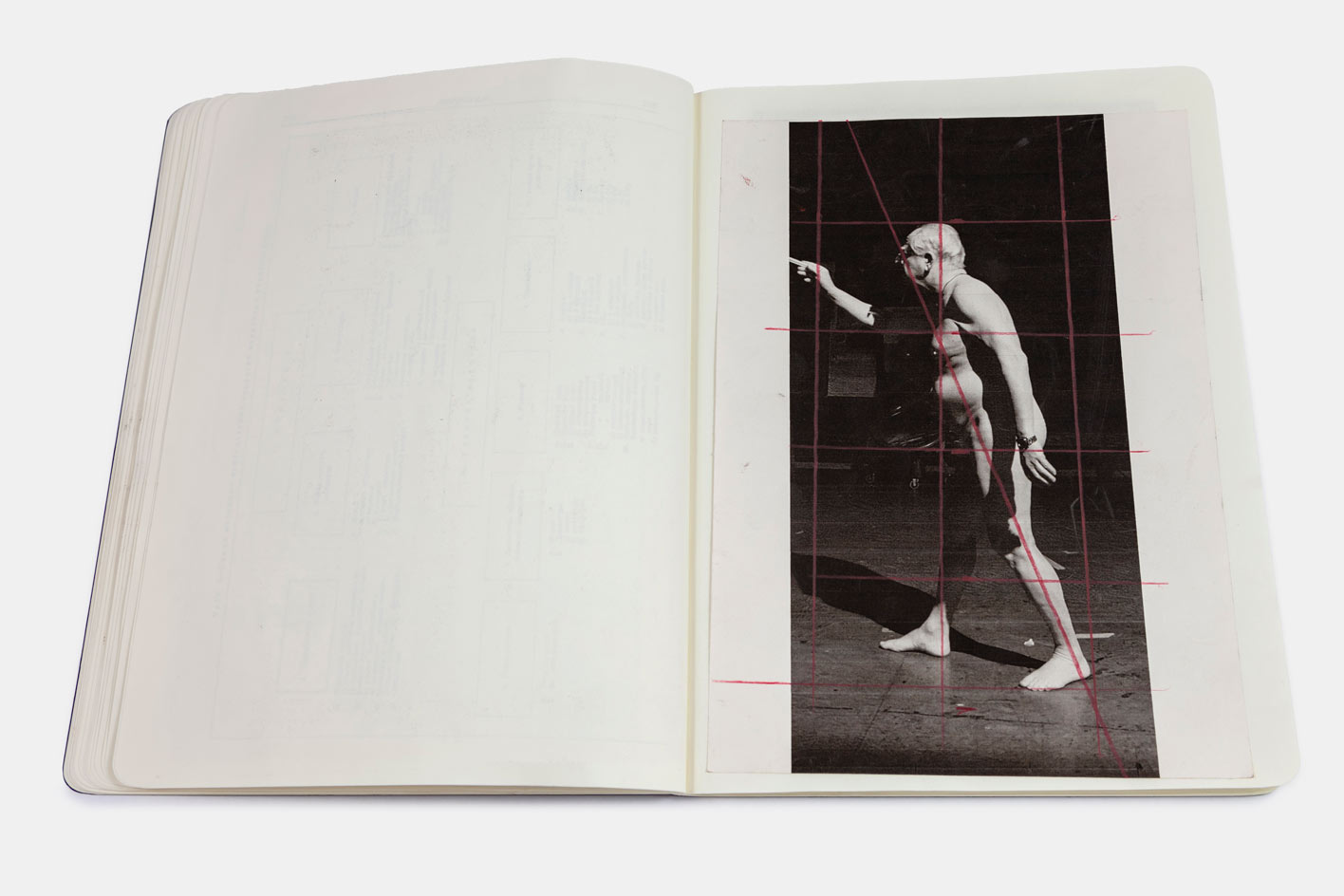
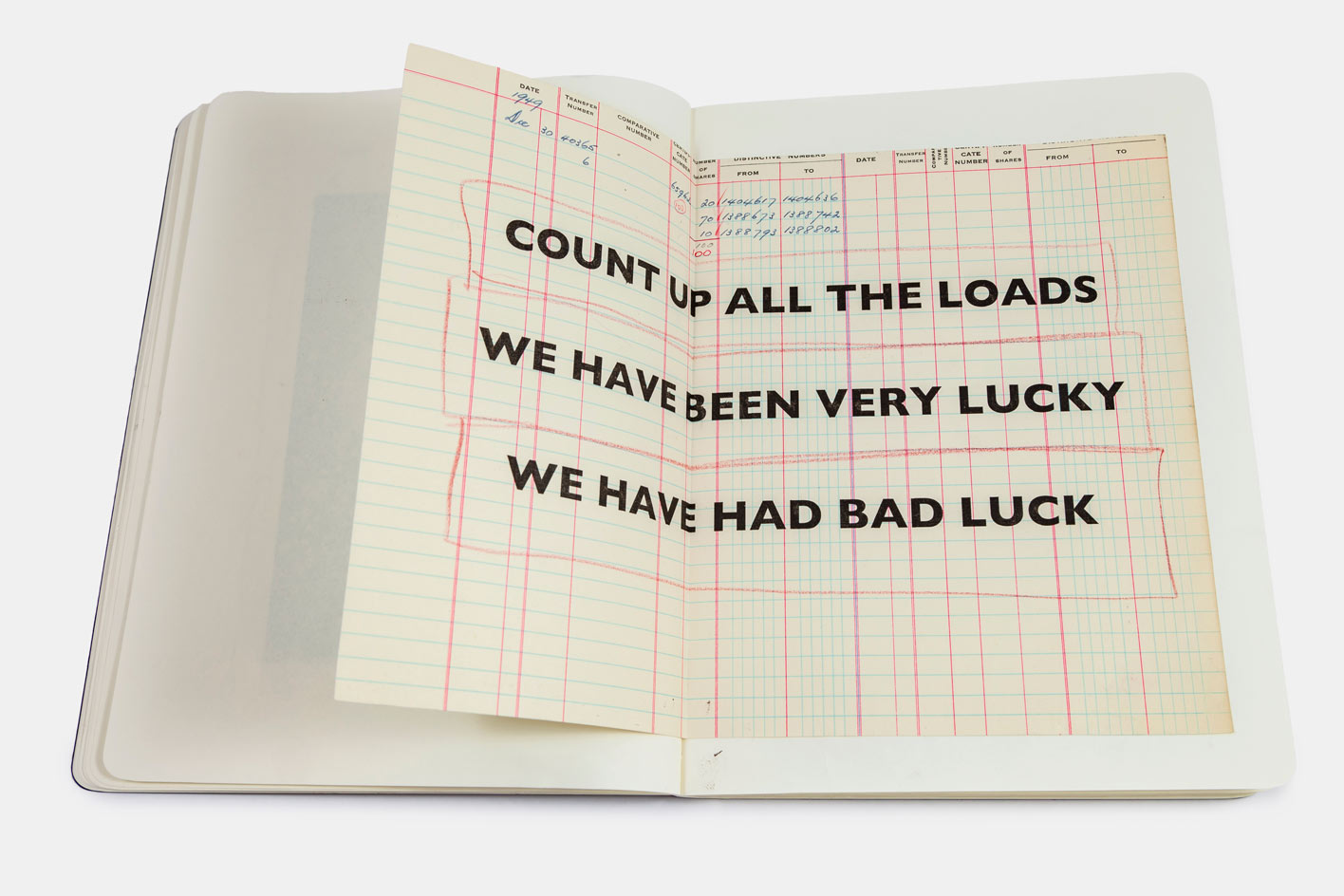
Kentridge's contribution is characterisitic of his wide-ranging practice – which spans prints, drawing, animated film and performance. I am still a parable features pages filled with drawing, text-based concepts and photographic work, to form a continuous visual allegory.
Kentridge’s donation to the collection is undoubtedly thought-provoking but takes on a role far beyond an art object. It’s a starting point for Moleskine’s unconventional education programme to inspire young creatives from marginalised communities. AtWork aims to unlock the creative potential of young people through critical thinking, nurturing their sense of self-awareness and self-confidence.
During a five-day workshop, AtWork participants are given a question, centring on issues such as identity, diversity, culture, and community. Their response is generated in the form of a personalised art notebook. These are first exhibited in a local collective exhibition and then in the final international tour exhibition. The participants can then choose to donate their works to the Moleskine Foundation Collection alongside those created by leading creatives.
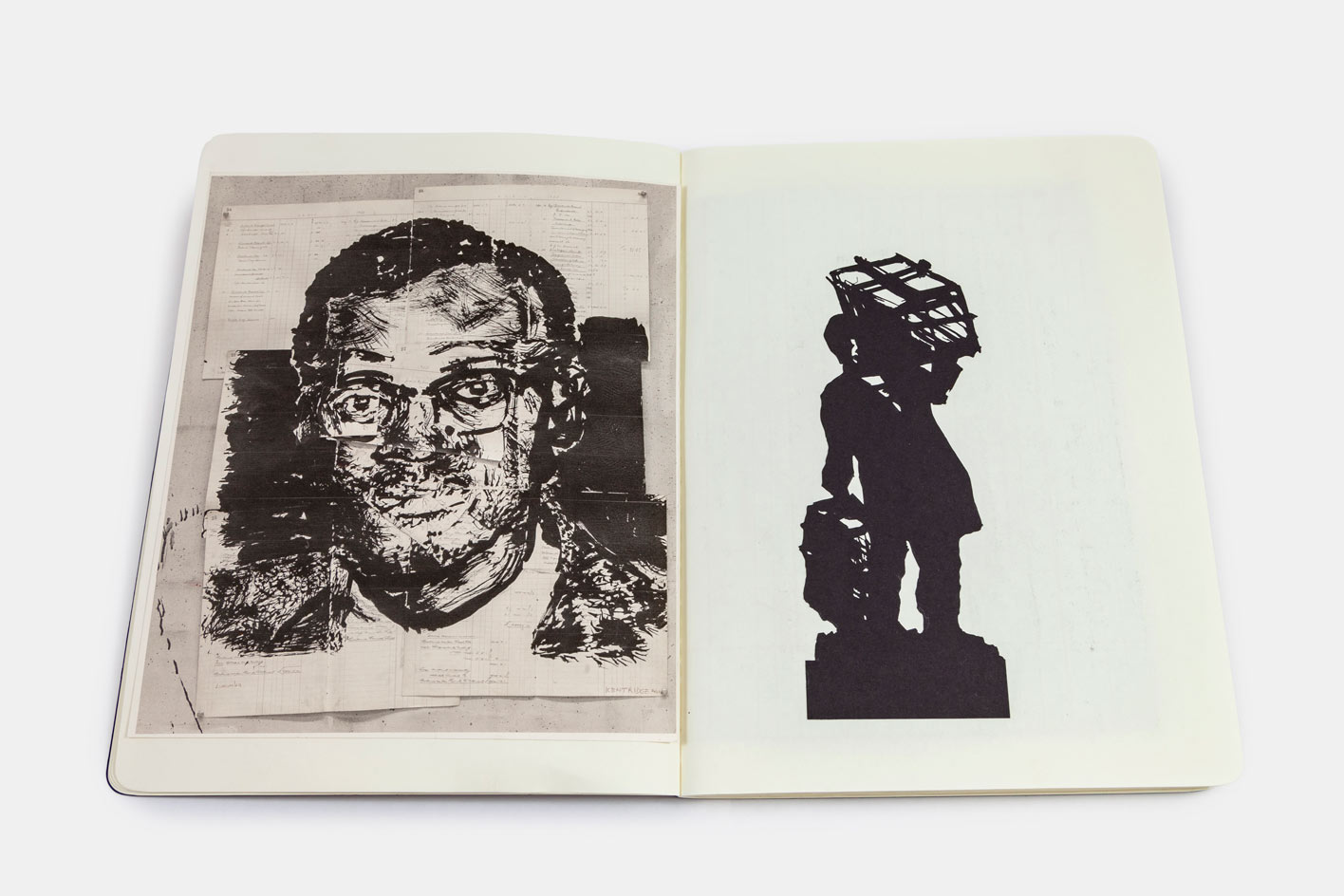
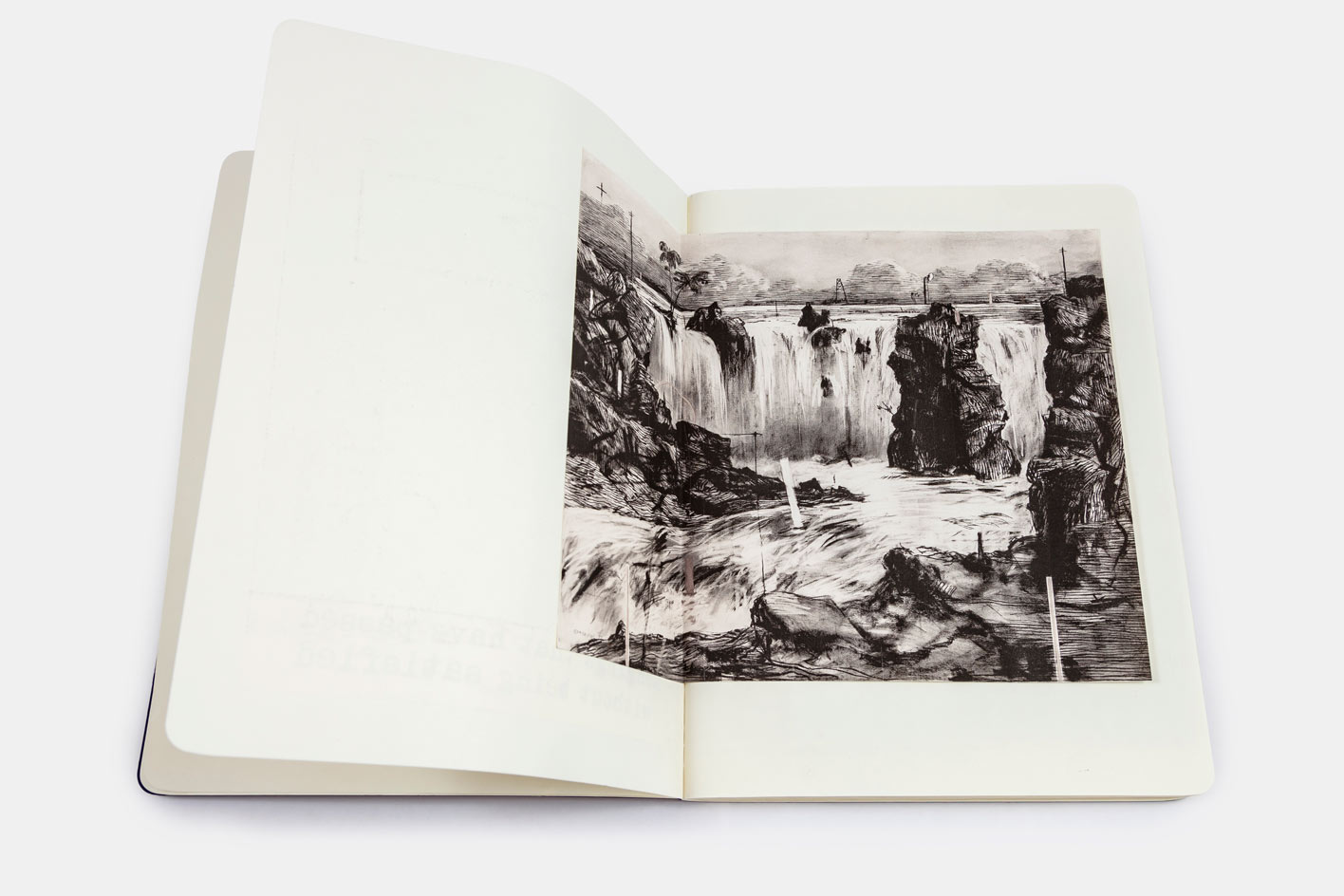
INFORMATION
Wallpaper* Newsletter
Receive our daily digest of inspiration, escapism and design stories from around the world direct to your inbox.
Harriet Lloyd-Smith was the Arts Editor of Wallpaper*, responsible for the art pages across digital and print, including profiles, exhibition reviews, and contemporary art collaborations. She started at Wallpaper* in 2017 and has written for leading contemporary art publications, auction houses and arts charities, and lectured on review writing and art journalism. When she’s not writing about art, she’s making her own.
-
 Put these emerging artists on your radar
Put these emerging artists on your radarThis crop of six new talents is poised to shake up the art world. Get to know them now
By Tianna Williams
-
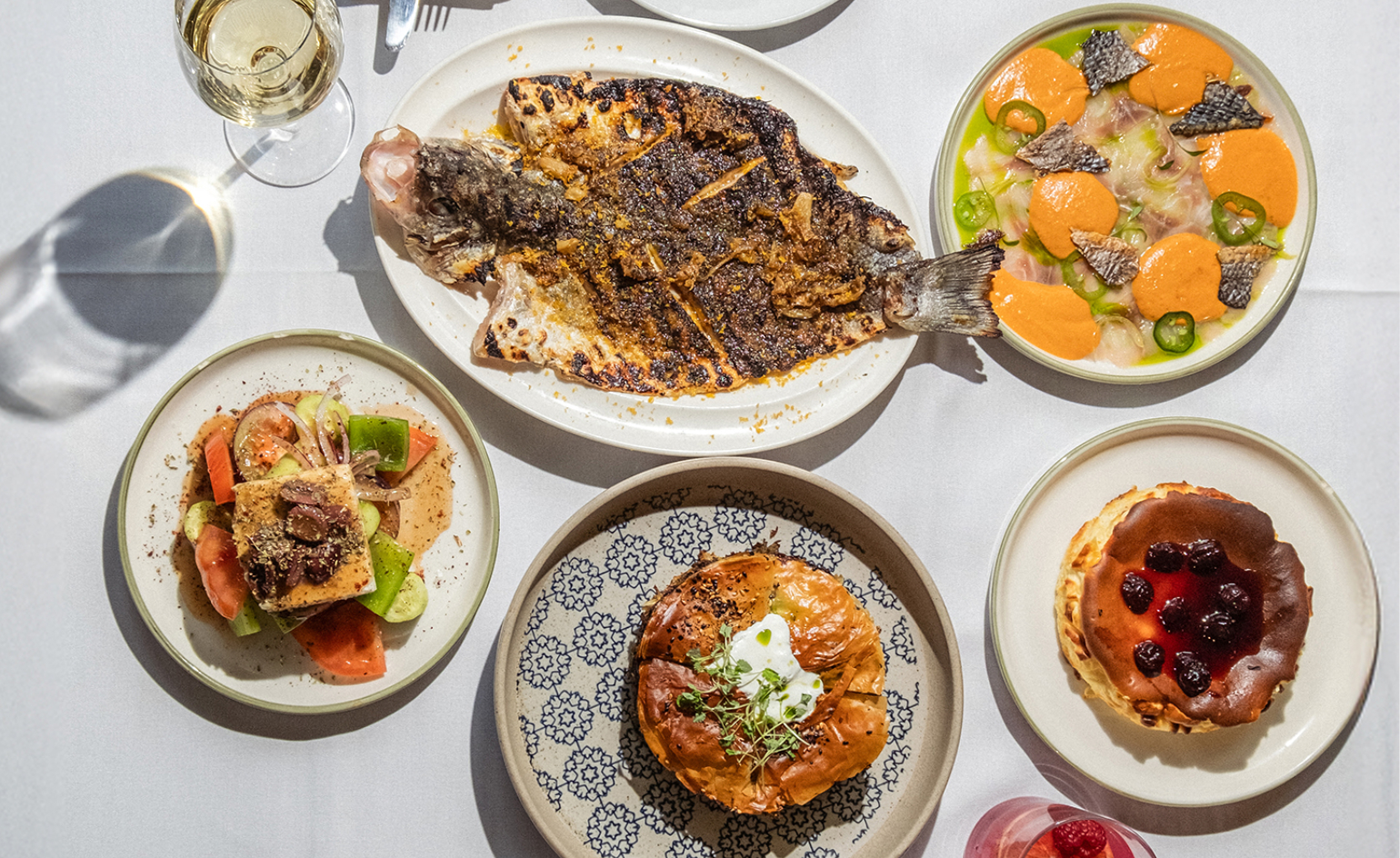 Dining at Pyrá feels like a Mediterranean kiss on both cheeks
Dining at Pyrá feels like a Mediterranean kiss on both cheeksDesigned by House of Dré, this Lonsdale Road addition dishes up an enticing fusion of Greek and Spanish cooking
By Sofia de la Cruz
-
 Creased, crumpled: S/S 2025 menswear is about clothes that have ‘lived a life’
Creased, crumpled: S/S 2025 menswear is about clothes that have ‘lived a life’The S/S 2025 menswear collections see designers embrace the creased and the crumpled, conjuring a mood of laidback languor that ran through the season – captured here by photographer Steve Harnacke and stylist Nicola Neri for Wallpaper*
By Jack Moss
-
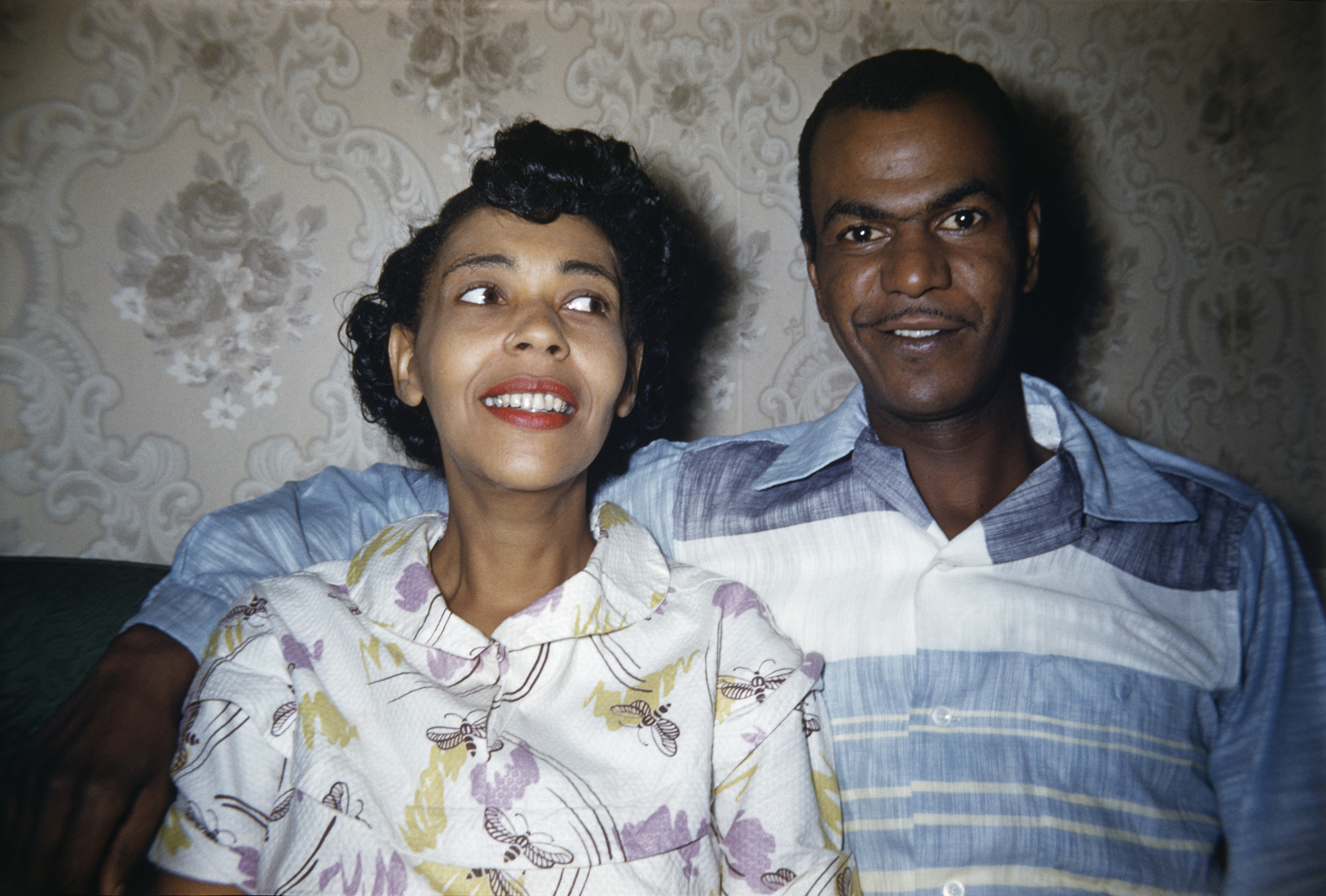 ‘Dressed to Impress’ captures the vivid world of everyday fashion in the 1950s and 1960s
‘Dressed to Impress’ captures the vivid world of everyday fashion in the 1950s and 1960sA new photography book from The Anonymous Project showcases its subjects when they’re dressed for best, posing for events and celebrations unknown
By Jonathan Bell
-
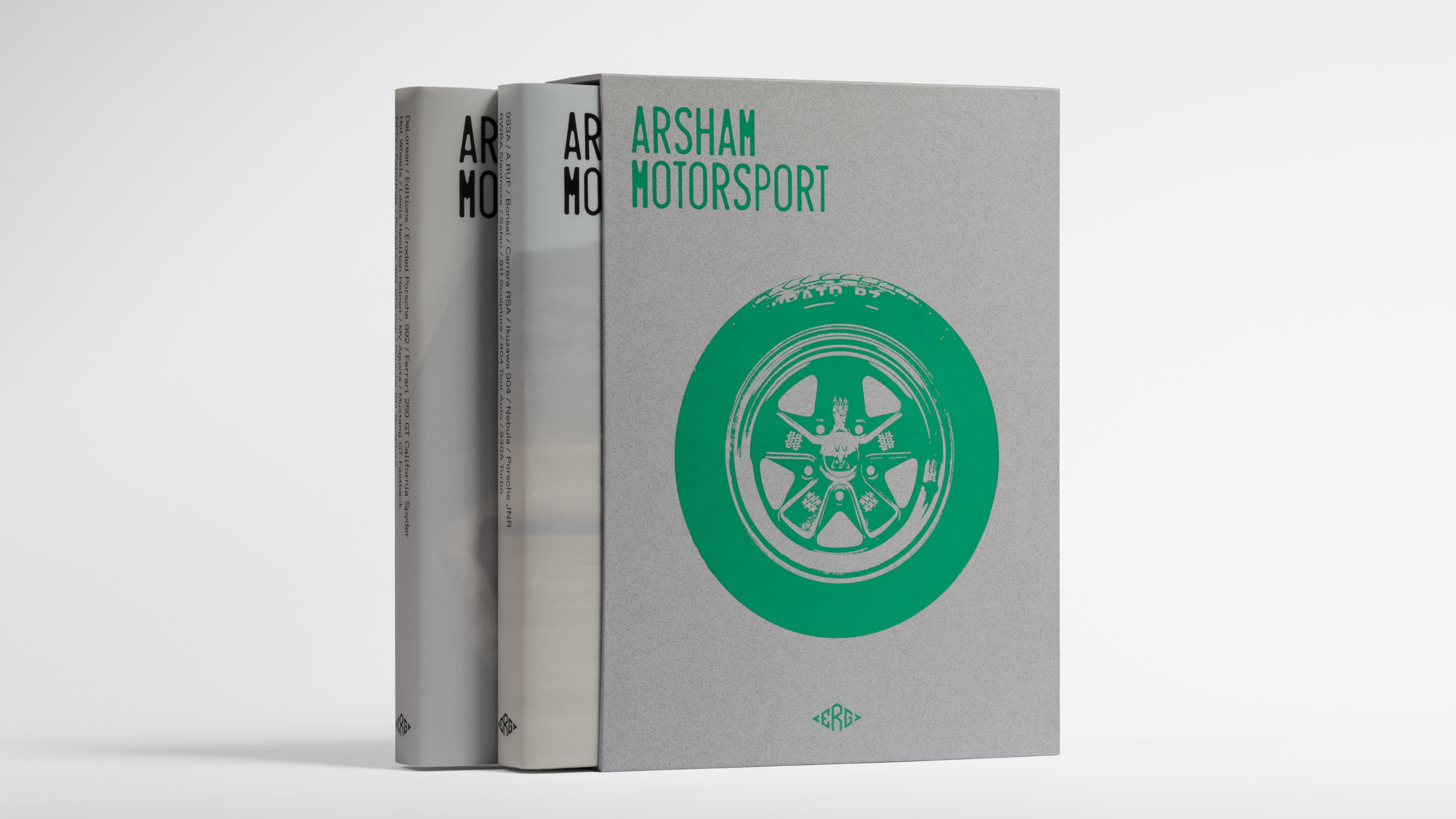 Daniel Arsham’s new monograph collates the works of the auto-obsessed American artist
Daniel Arsham’s new monograph collates the works of the auto-obsessed American artist‘Arsham Motorsport’ is two volumes of inspiration, process and work, charting artist Daniel Arsham’s oeuvre inspired by the icons and forms of the automotive industry
By Jonathan Bell
-
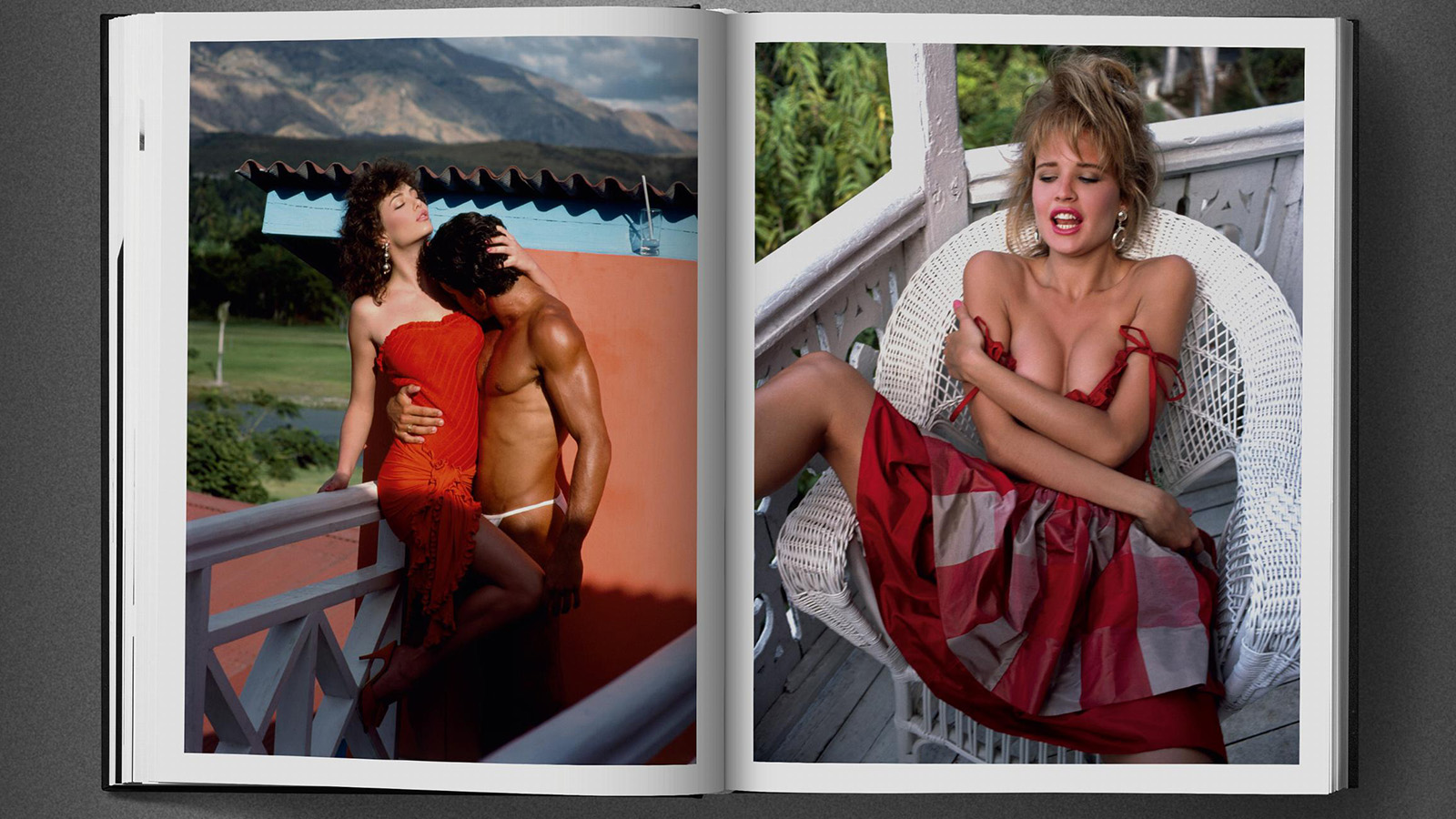 Era-defining photographer David Bailey guides us through the 1980s in a new tome not short of shoulder pads and lycra
Era-defining photographer David Bailey guides us through the 1980s in a new tome not short of shoulder pads and lycraFrom Yves Saint Laurent to Princess Diana, London photographer David Bailey dives into his 1980s archive in a new book by Taschen
By Tianna Williams
-
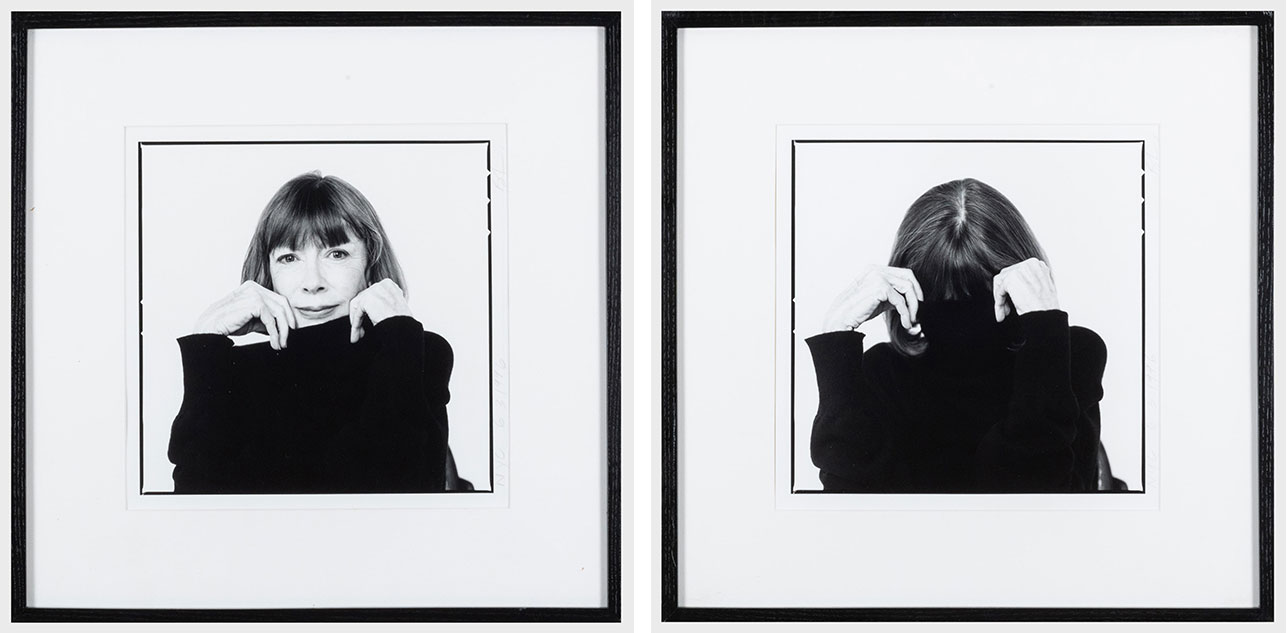 Inside Joan Didion’s unseen diary of personal relationships and post-therapy notes
Inside Joan Didion’s unseen diary of personal relationships and post-therapy notesA newly discovered diary by Joan Didion is soon to be published. Titled 'Notes to John', the journal documents her relationship with her daughter, husband, alcoholism, and depression
By Tianna Williams
-
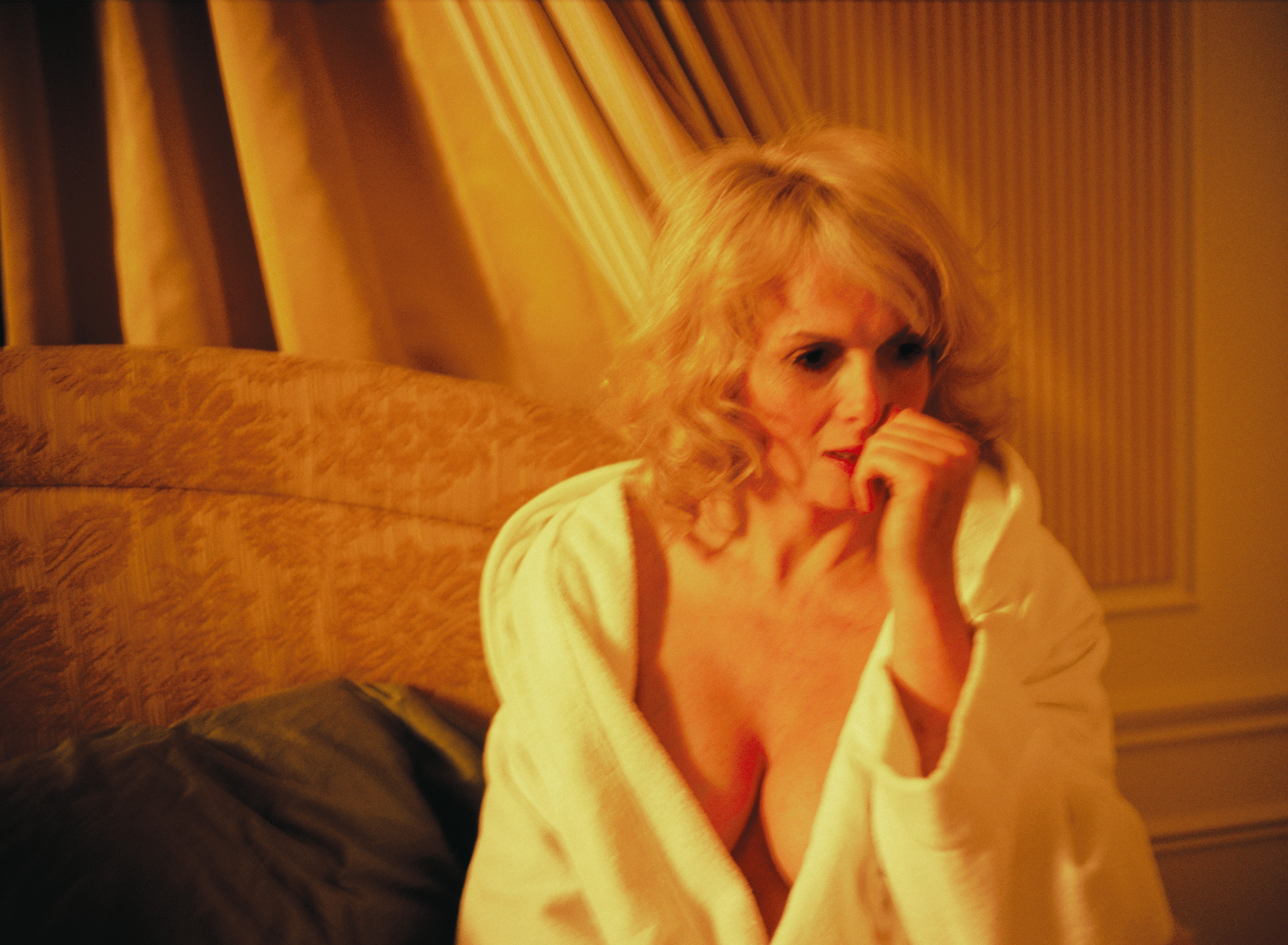 Carsten Höller’s new Book of Games: 336 playful pastimes for the bold and the bored
Carsten Höller’s new Book of Games: 336 playful pastimes for the bold and the boredArtist Carsten Höller invites readers to step out of their comfort zone with a series of subversive games
By Anne Soward
-
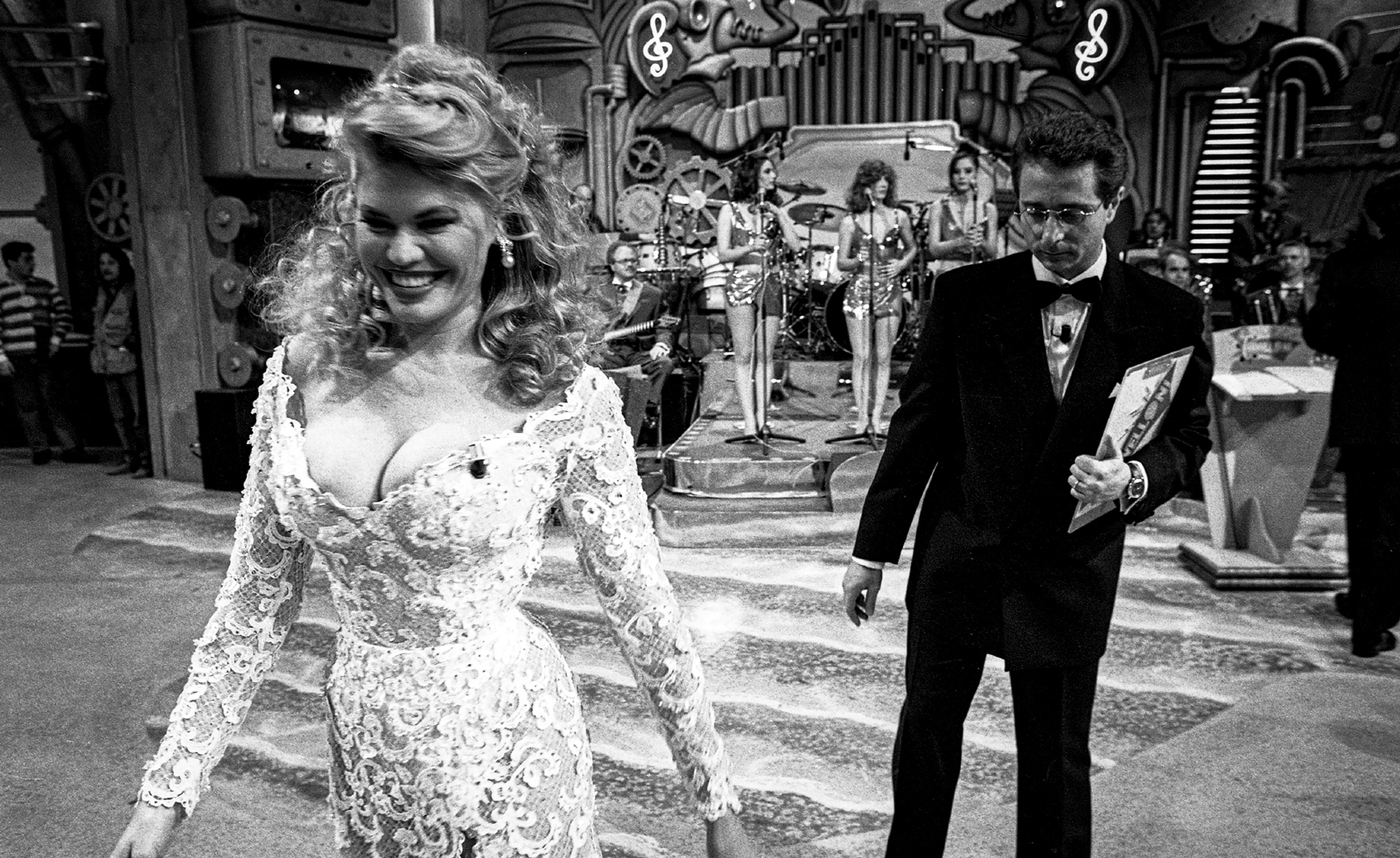 Distracting decadence: how Silvio Berlusconi’s legacy shaped Italian TV
Distracting decadence: how Silvio Berlusconi’s legacy shaped Italian TVStefano De Luigi's monograph Televisiva examines how Berlusconi’s empire reshaped Italian TV, and subsequently infiltrated the premiership
By Zoe Whitfield
-
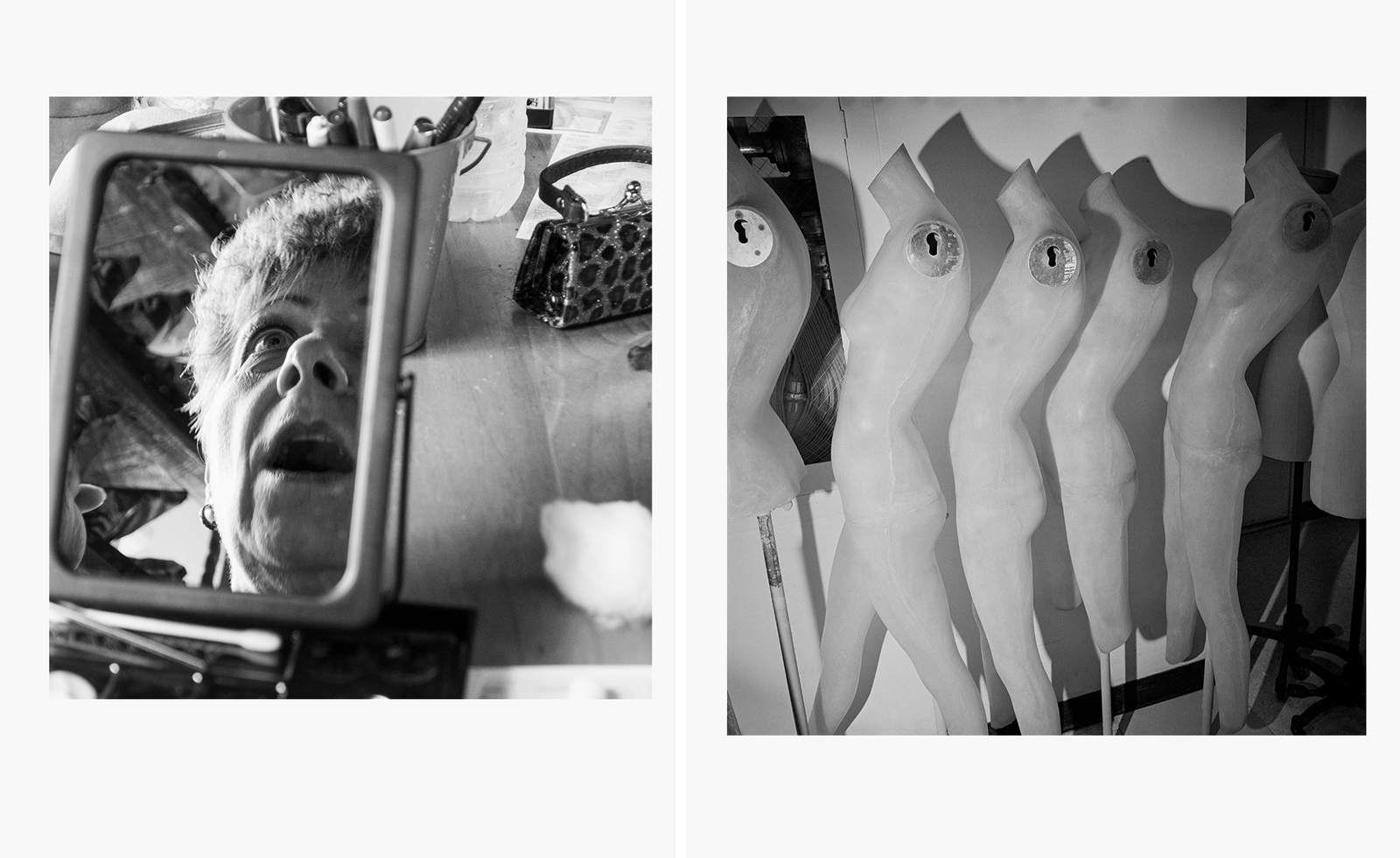 How a sprawling new book honours the legacy of cult photographer Larry Fink
How a sprawling new book honours the legacy of cult photographer Larry Fink‘Larry Fink: Hands On / A Passionate Life of Looking’ pays homage to an American master. ‘He had this ability to connect,’ says publisher Daniel Power
By Jordan Bassett
-
 New Jay-Z coffee-table book dives into the Brooklyn rapper's archives
New Jay-Z coffee-table book dives into the Brooklyn rapper's archives'Book of HOV: A Tribute to Jay-Z' is a hefty tome for a hefty talent
By Craig McLean